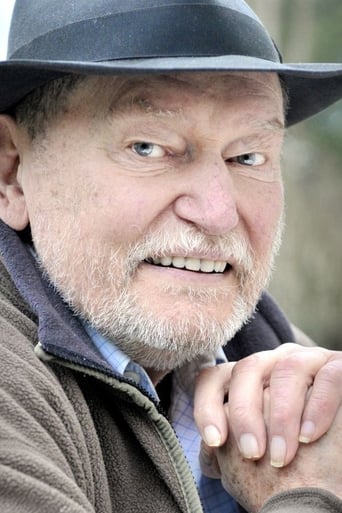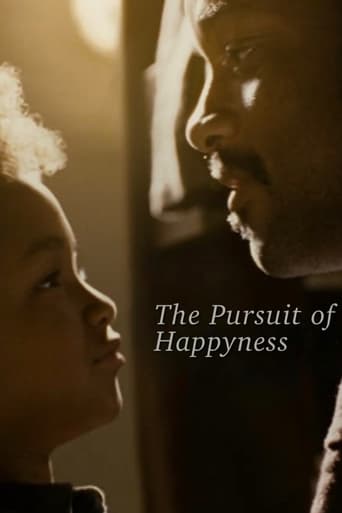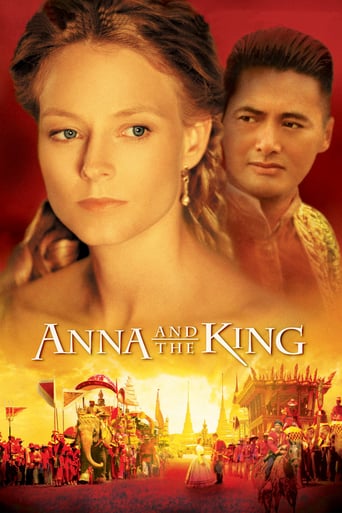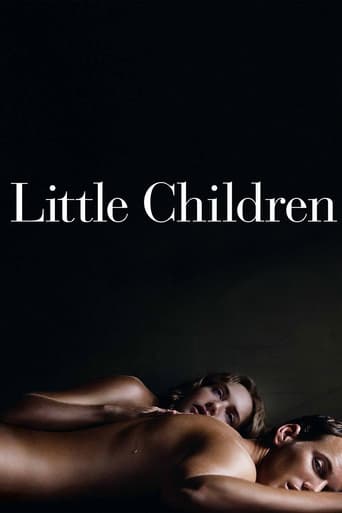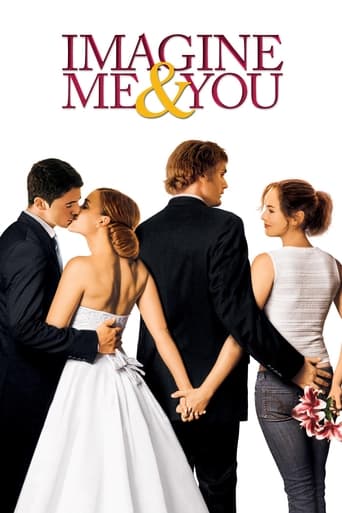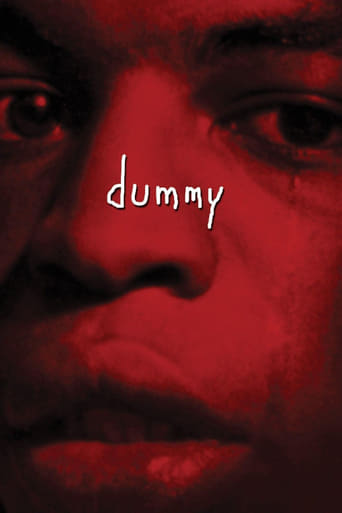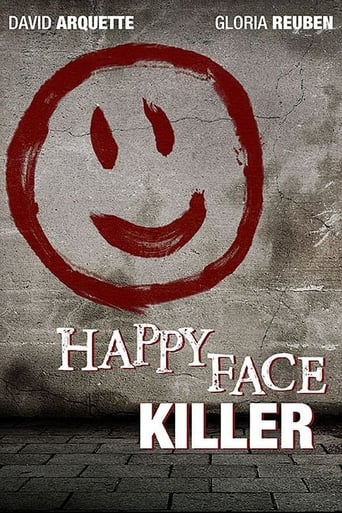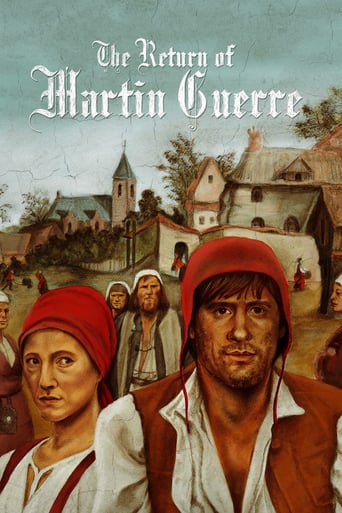
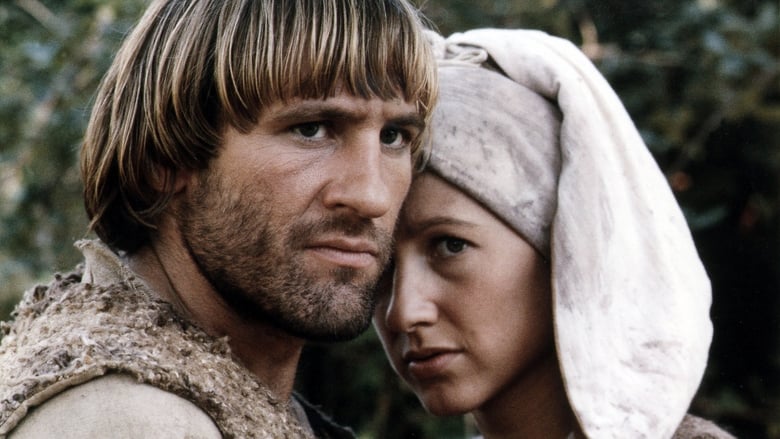
The Return of Martin Guerre (1982)
Village of Artigat, southern France, summer 1542, during the reign of Francis I. Martin Guerre and Bertrande de Rols marry. A few years later, accused of having committed a robbery, Martin suddenly disappears. When, almost a decade later, a man arrives in Artigat claiming to be Martin, the Guerre family recognizes him as such; but doubts soon arise about his true identity.
Watch Trailer
Cast
Similar titles
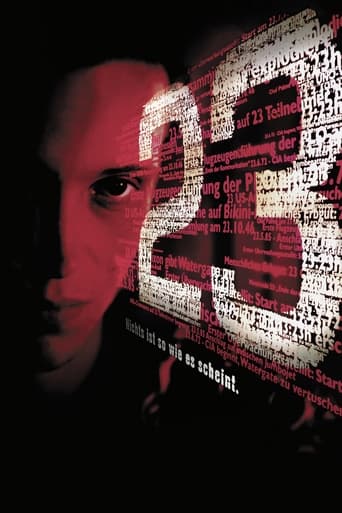

Reviews
Sorry, this movie sucks
Simply A Masterpiece
Let me be very fair here, this is not the best movie in my opinion. But, this movie is fun, it has purpose and is very enjoyable to watch.
This is one of the best movies I’ve seen in a very long time. You have to go and see this on the big screen.
Martin Guerre was a young man who, in 1548, disappeared from the southern French village of Artigat after being accused of stealing grain from his father. Eight years later, a man arrived in Artigat claiming to be Martin. He was accepted as such by Guerre's wife Bertrande and family, and lived with Bertrande as her husband for three years, although some villagers entertained doubts about his identity. Rumours, encouraged by Guerre's uncle Pierre who was involved in a property dispute with his supposed nephew, began to spread that this "Martin" was in fact an impostor. He was arrested and placed on trial, but his intimate knowledge of Guerre's past life and the support he still enjoyed from many villagers seemed likely to secure his acquittal. During the trial, however, there was a dramatic development; another man turned up claiming to be Martin Guerre. It was quickly established that the newcomer was indeed the true Martin and that the impostor was in reality a man from a neighbouring village named Arnaud du Tilh. Du Tilh was convicted and subsequently hanged, adultery and fraud being capital offences in the France of this period. A number of writers and film-makers have taken inspiration from these events, Whereas the later American film "Sommersby" tells a fictitious tale loosely based upon the story of Martin Guerre, transferring the action to nineteenth-century Virginia, Daniel Vigne's film is a reasonably accurate version of the historical events, aiming at a reconstruction of 16th century French peasant life. The main role, that of du Tilh, is taken by Gérard Depardieu, possibly France's finest modern screen actor. His attempts to conquer Hollywood have not been very successful, but I have never seen him give a poor performance in his native language, and this is a fine one, playing his character as a plausible and at times almost likable rogue. He is particularly good in the electrifying trial scene. Whatever else du Tilh may have been, he was clearly a consummate actor, and Depardieu's impassioned speeches reflect his character's knowledge that he needs to give the performance of his life, as that life now depends upon his acting skills. Just as it seems that du Tilh has succeeded in his imposture, Vigne interrupts the proceedings with a brilliant coup de cinema; the sight of a man with a wooden leg entering the courtroom. Or rather the sight of the wooden leg itself- the angle from which the scene is shot means that we see this before we see the man's face. (We have heard it suggested that the newcomer cannot be Martin Guerre because the real Martin, after leaving the village, joined the army and lost a leg in battle). Other acting fine contributions come from Roger Planchon as Jean de Coras, the humane and sceptical lawyer in charge of the investigation, and Nathalie Baye as Bertrande, a young woman placed in a difficult situation by the return of her supposed "husband". It is implied that Bertrande, despite her doubts, welcomed du Tilh into her bed because he was both a better lover and a more considerate husband than the departed Martin, who seems to have been deficient in both departments. I would, perhaps, have welcomed a greater exploration of why du Tilh might have tried to claim another man's identity, although Vigne possibly wanted to create a sense of mystery by keeping alive as long as possible the thought that Depardieu's character might actually be the real Martin. Vigne makes use of few bright colours other than the green of the vegetation and the red of the judges' robes during the trial; in the days before chemical dyestuffs bright colours did not play a large part in the lives of the peasantry. Visually, however, the film is suffused with a warmth of tone reminiscent of an Old master painting; I was particularly put in mind of the works of Breughel and Georges de la Tour celebrating peasant life. It is sometime said that the British are obsessed with the glories of their past, and that in the cinema this is reflected by the large number of films made on a historical theme. French film-makers, however, seem equally obsessed with history, and this was particularly true in the eighties and nineties. "Le Retour de Martin Guerre" is one of a number of fine French films on a historical theme to date from this period. (Others include "Jean de Florette", "Cyrano de Bergerac" and "Le Colonel Chabert", all of which also starred Depardieu). It is well-filmed and well-acted and takes an intelligent and humane look at the strange historical events which inspired it. 8/10
An intriguing premise, fitting music, and a solid performance by Nathalie Baye make this okay viewing overall, but it is terribly overlong, since the premise just does not have enough in it to last for a two-hour length. The situations and various issues that arise are interesting at first, but it all becomes a bit repetitive, drawn out and monotonous as the film progresses. This was a breakthrough piece for Gérard Depardieu, who does quite a good job, and the film was Academy Award nominated for its apt costumes too. It is quite competently made, and certainly quite watchable, despite somewhat awkward narration and thrills and excitement that are only intermittent. I cannot help but feel however that as a short film the material would have worked better. Either way, it is still worth a look.
SPOILER!! Of course, being french makes it easier for me to understand the film. But nevertheless I'm surprised by some comments here. No, there is nothing about amnesia in this movie. On the contrary; Gerard Depardieu's memories are quite accurate, and that's the problem... Nothing in common then with The Majestic or other movies about amnesia.And no, Depardieu is not charged with the murder of the "real" Martin Guerre. He is charged for identity usurpation. And the "real" Martin Guerre shows up before the execution...Oh... I forgot... really good movie...
This film was a big reason why Gerard Depardieu was known in Europe as such a great actor. It was somewhat unfortunate that he tried too hard to make it in American films. Nonethless, The Return of Martin Guerre is one of those films that illustrates the mannerisms of fuedalist Europe, examining the powerless of women and the healthy prvalence of "black magic" and what not. What begins as something of a character study turns into an indictment of an era, showing just backward European thought used to be. Well thought out and evenly paced, this is certainly one to watch.


